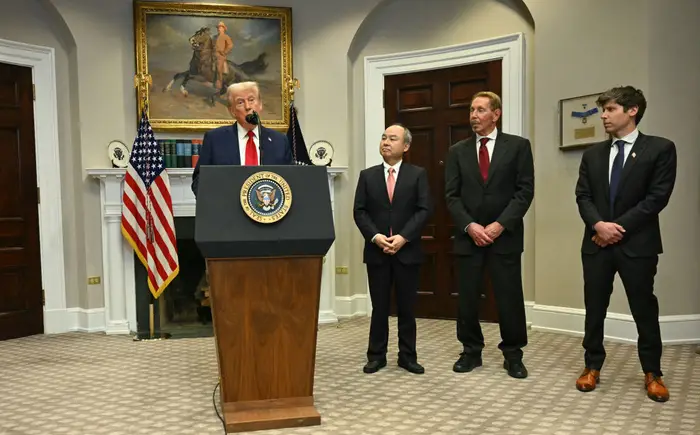As a U.S. ban on TikTok looms, many American users are seeking refuge on an unexpected platform: RedNote, also known as Xiaohongshu. This Chinese social media app has become a new digital home for thousands of “TikTok refugees.” But their migration to RedNote has come with a steep learning curve—one that’s exposing them to China’s infamous censorship rules for the first time.
RedNote, a widely popular app in China, has seen a sudden influx of English-speaking users, prompting the platform to hire English-language content moderators to manage the surge. While some users praise the app’s welcoming community, others are running into stricter content moderation than they’ve ever encountered.
Heather Roberts, an American artist with over 32,000 TikTok followers, described RedNote as a place of kindness and cultural connection. “It’s been heartwarming to see how similar we are,” she shared. But for others, the shift has been less smooth.

For instance, posts that challenge cultural norms—like one asking whether RedNote is LGBTQ+-friendly—have been removed, sparking frustration among users who feel censored. Fitness photos, references to banned anime, and politically sensitive topics like Taiwan have also been flagged or deleted, leaving many Americans questioning the platform’s tight grip on content.
The rapid rise of RedNote on the U.S. App Store has not gone unnoticed. The app, already boasting 300 million users in China, is scrambling to develop English-language moderation tools and translation systems. According to reports, RedNote has urgently posted job listings for moderators who understand Western culture, highlighting the challenges of bridging two vastly different internet ecosystems.
This cultural collision is prompting mixed reactions. Some see the shift as an opportunity for mutual understanding, while others struggle to adapt to the platform’s rules. Ivy Yang, a tech analyst, views the migration as a win for China, saying it offers a rare chance for Americans to engage with the “other side of the digital firewall.”

For some, like Texas father Jeremy Fraga, the experience has been eye-opening. “Talking to people on RedNote has challenged my worldview and given me a deeper appreciation for Chinese culture,” he said. “I might stick with RedNote, even if TikTok doesn’t go away.”
With RedNote becoming a digital bridge between cultures, it remains to be seen how the app balances its growth with the expectations of its new audience. For now, it’s clear that the platform is forcing its users to rethink the meaning of freedom of expression in the online world.
Link: https://edition.cnn.com/2025/01/16/tech/tiktok-refugees-rednote-china-censorship-intl-hnk/index.html





